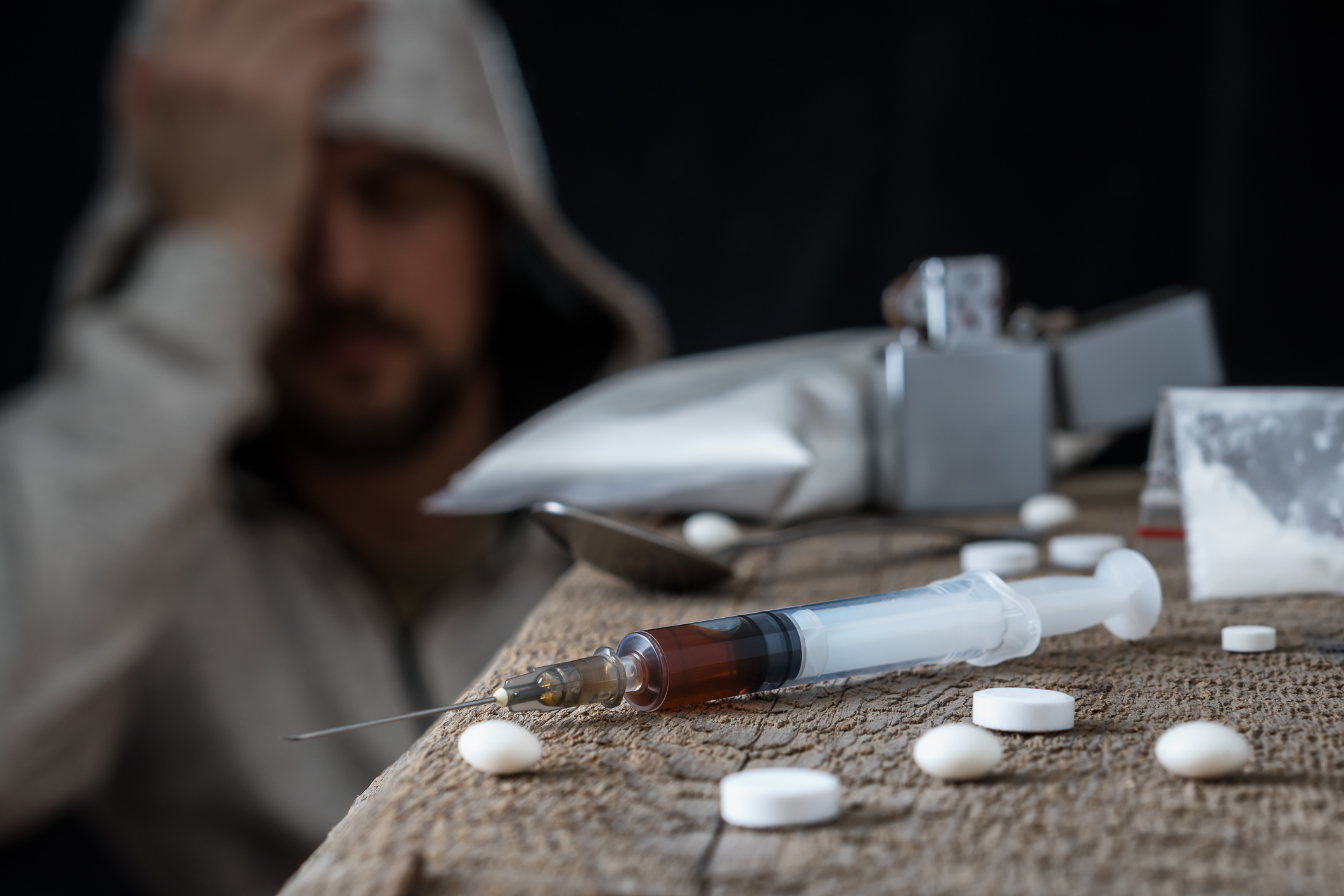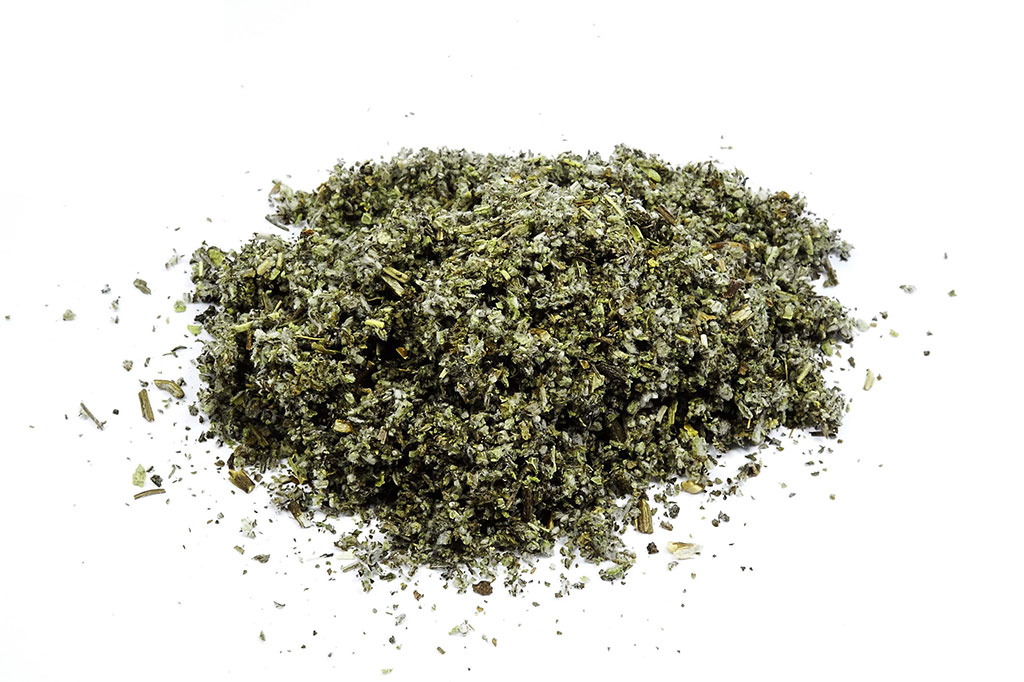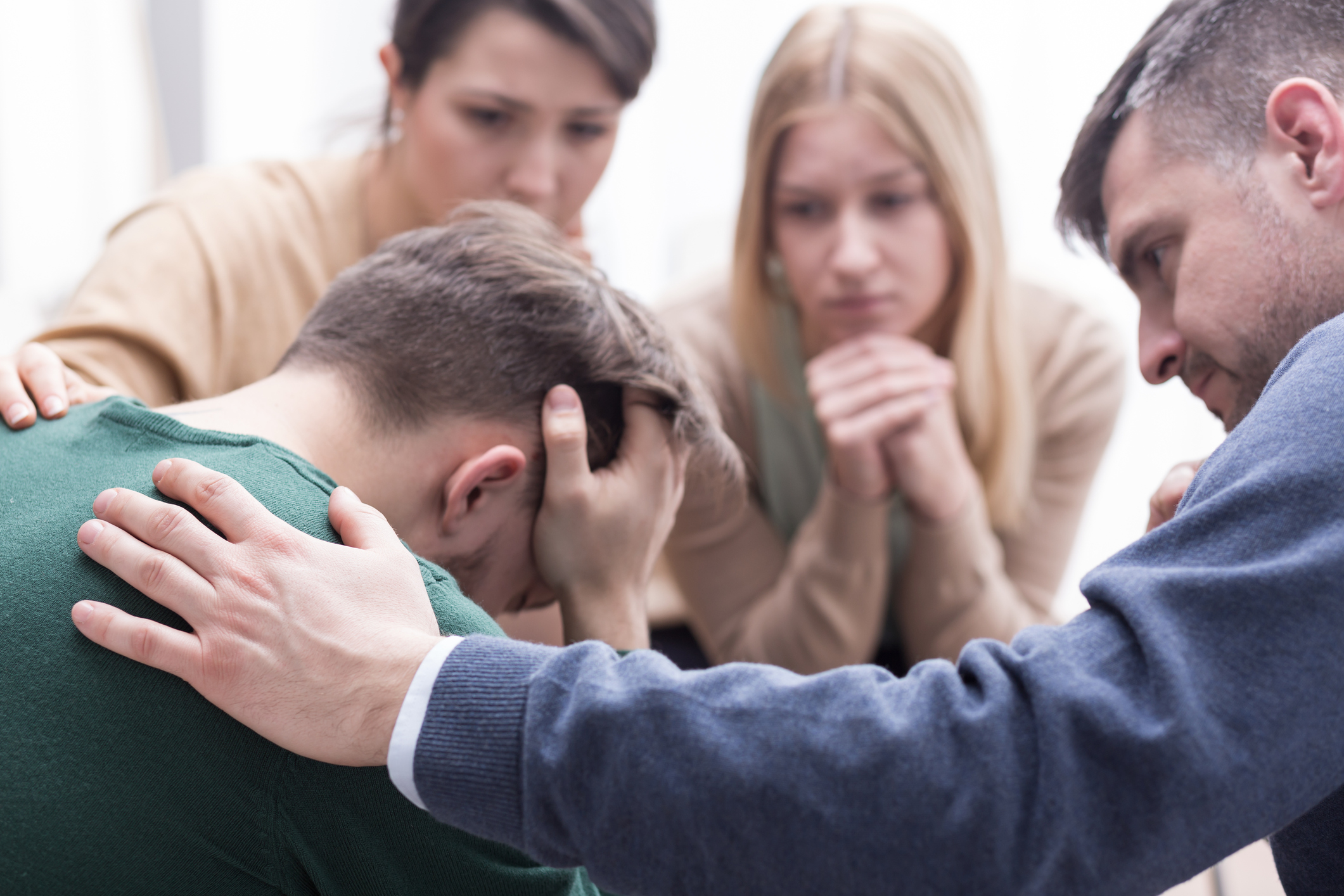
Do You Empower The Addict Or Enable Bad Behavior?
March 23, 2018
8 Ways Life Can Be Different If You Give Up Drugs And Alcohol
March 30, 2018Life is full of change and one that constantly occurrs is the change of seasons. Spring, summer, fall, and winter all bring with them various weather patterns that affect our bodies and minds. With each seasonal change, people become more susceptible to stress, mood changes, and triggers for addiction. During these seasons, addicts in recovery must take special precautions to protect themselves from any problems. Our experts at our rehabs in Massachusetts and Pennsylvania detail how weather affects addiction and how to stay prepared for these seasonal changes.
Our admissions coordinators are available 24/7 to answer any questions you may have as you consider whether treatment at Clearbrook Treatment Center is right for you or your loved one.
Can Weather Affect Addiction?
Yes, weather can potentially impact addiction in several ways, although individual experiences may vary. Below is more on how weather affects addiction and recovery:
- Seasonal affective disorder (SAD): Seasonal Affective Disorder is a form of depression that affects some people at certain times of the year, particularly in the fall and winter when there is less daylight. Individuals with SAD may use addictive behaviors or substance abuse to cope with their symptoms.
- Weather-related stress: Severe weather events, including hurricanes, storms, and heat waves, can contribute to or worsen stress. As a result, people who are under a lot of stress might be more likely to use drugs as a coping mechanism.
- Isolation and social factors: Poor weather can contribute to feelings of loneliness and isolation, which makes it more difficult for them to interact with others or ask for help. Addiction risk factors include a lack of social interaction and support, as people may turn to drugs as a means of solace or escape.
- Accessibility and availability: Access to drugs and alcohol may be impacted by weather conditions, as well. For instance, people might be less inclined to go out and get drugs or alcohol during winter storms or heavy rain, which could reduce the frequency of substance use during such periods.
- Physical health impact: Addicts or people who relapse and who are coping with health problems may be more vulnerable to the negative effects of extreme weather. For example, some people’s ability to manage their pain may play a major role in their ability to continue or acquire addictive behaviors.
How weather impacts addiction varies from person to person and may depend on several biological, psychological, and social factors. Although it’s unlikely that the weather alone will cause addiction, it can influence a person’s overall susceptibility or resistance to addictive behaviors. Someone battling addiction must get support and assistance from professionals.
Does Barometric Pressure Affect Mood?
The atmospheric pressure at a particular place and time is known as the barometric pressure. Atmospheric pressure may influence mood regulation for several indirect reasons. According to research, serotonin metabolism—a key neurotransmitter involved in mood regulation and dysregulation—may be influenced by atmospheric pressure. Some people claim that variations in barometric pressure and mood changes are interlinked, while others might not experience any appreciable effects.
Why Do I Feel Bad When the Weather Changes?
Responses to changes in weather can vary from person to person, and several factors can influence how a person feels during certain weather conditions. The following are some explanations for why you feel bad when the weather changes:
- Seasonal affective disorder (SAD): As we previously mentioned, people with SAD may be more prone to decreased mood and energy levels during the fall and winter seasons due to a decrease in daylight. This change in mood largely comes from changes in the body’s circadian rhythm, or internal clock, which can impact energy levels and overall mood.
- Barometric pressure: Some people may be impacted by changes in barometric pressure, which frequently occurs alongside weather changes. Variations in barometric pressure have been connected to physical ailments like joint pain, headaches, and migraines, which can lead to negative moods.
- Sunlight exposure: The body produces less serotonin when there’s a decrease in exposure to sunlight, such as on cloudy or rainy days. Because this neurotransmitter is linked to mood regulation, some individuals may feel particularly sad or down on these days. Sleep patterns may also be impacted by decreased sun exposure due to coinciding changes in the body’s melatonin production.
- Temperature extremes: Long-term exposure to extreme heat or cold can also cause physical discomfort and contribute to irritability or distress. Extreme weather can interfere with daily schedules and restrict outdoor activities, as well, which can heavily impact one’s overall well-being.
- Disruption of routine: Variations in the weather can cause disturbances to regular activities and routines, which can leave one feeling helpless or frustrated. People might engage in less physical activity, which is connected to mood regulation, if the weather limits outdoor activities.
- Psychological factors: Certain people might have mental connections to particular weather patterns. For instance, when a certain weather pattern recurs, someone who experienced a traumatic event during that period might feel nervous or upset.
It’s critical to understand that these variables interact in intricate ways and that people’s reactions to weather variations can differ. It could be beneficial to consult a medical expert or mental health provider like our Northeast rehab in Massachusetts if you discover that variations in the weather have a persistently detrimental effect on your mood. In addition to offering the proper direction and support, they can assist in determining whether there is an underlying condition, such as SAD or another mood disorder.
How to Cope With Change of Seasons in Recovery
Recovering addicts need to be ready to deal with the stress of the various weather changes. They aren’t going to stop, so you should practice your coping mechanisms each year. Over time, you’ll find that the stresses become less apparent to you as you begin to find alternate methods of releasing tension.
Here are some tips that will help to keep you on track no matter what is happening around you:
- Be aware that certain holidays and seasonal changes can involve risk for you. Sometimes, just having the awareness is enough to keep you on track.
- Ask for help during the hard months. Have a friend help provide accountability and support during stressful holidays.
- Plan your holiday events that will be free from alcohol or drug use.
- If you begin to feel stressed or depressed, you must speak with your sponsor or recovery support.
- If you feel that you are having issues with your mental health, set up a time to talk to a therapist.
- When visiting friends and family, ask them to secure their medications and abstain from drinking around you.
- Avoid any family gathering if you aren’t sure you can handle the stress related to it. This is especially important if your family hasn’t been supportive of your recovery.
- Create plans that will keep you busy during these months. Schedule plenty of sober events with supportive friends and family. Begin a new hobby or work on a project around the house when you can’t get out.
- Set a plan in motion for when you have a craving. Be prepared to walk that plan through even when you face boredom or a conflict.
- Add in some extra meetings during stressful times. You might even need some additional addiction treatment programs during the holidays.
You need to be prepared to deal with your mood swings no matter the state of the weather. Fall, winter, spring, or summer could create additional stresses for your addiction that you’re not prepared for. You might face emotions, memories, arguments, or encounters that catch you by surprise. Having a plan in action for these times will set you up for success.
Don’t ever be afraid to seek additional help. Your recovery is the most important thing and should never be put on the back burner. A healthy and sober you will be able to enjoy many more seasons to come.
Get a Free Insurance Verification Today!
"*" indicates required fields
Get Addiction Treatment Today
If you or someone you know and love is currently struggling with drug addiction or alcoholism, help is available. For 45 years, Clearbrook Treatment Centers has been providing effective addiction treatment solutions for the suffering individual. Our programs will offer you the opportunity to recover from a seemingly hopeless state of mind and body and give you the necessary tools to achieve lasting sobriety.






